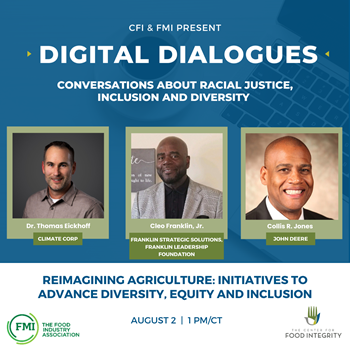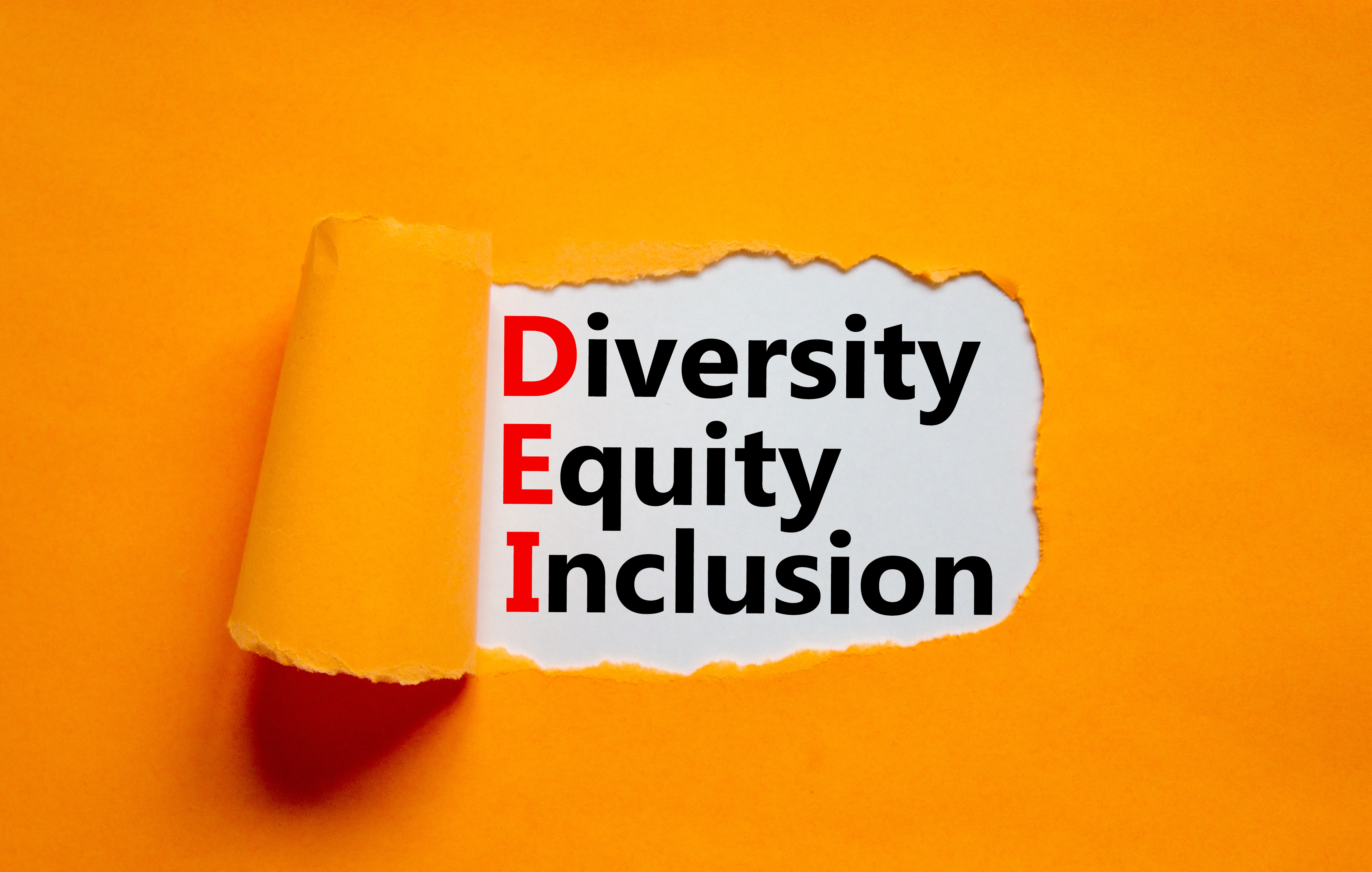By: David Fikes, Executive Director, FMI Foundation
 If we needed a prompt that racism remains one of America’s most critical moral failings, then the recent senseless murder of 10 black grocery shoppers in Buffalo, New York, provided a grim and tragic reminder that this societal blight persists. The need to address it is urgent but talking about how racism continues to surface is challenging; it is embarrassing for some, angering for others, and difficult for us all. It is complicated because some acts of racism are overt crimes of violence that cannot be missed because the hardships they inflict are tragically obvious. However, there are also covert, more clandestine, acts of racism that can prove equally destructive. These actions are more complicated to talk about because even the perpetrator might not be conscious of the consequences of his or her actions or in-actions without having them meaningfully named and effectively defined. Racial justice is a hard, complex, and often emotionally charged topic that we must find the courage and grace to discuss in civil, safe, and most importantly, active ways, if we are to ever heal this moral affliction.
If we needed a prompt that racism remains one of America’s most critical moral failings, then the recent senseless murder of 10 black grocery shoppers in Buffalo, New York, provided a grim and tragic reminder that this societal blight persists. The need to address it is urgent but talking about how racism continues to surface is challenging; it is embarrassing for some, angering for others, and difficult for us all. It is complicated because some acts of racism are overt crimes of violence that cannot be missed because the hardships they inflict are tragically obvious. However, there are also covert, more clandestine, acts of racism that can prove equally destructive. These actions are more complicated to talk about because even the perpetrator might not be conscious of the consequences of his or her actions or in-actions without having them meaningfully named and effectively defined. Racial justice is a hard, complex, and often emotionally charged topic that we must find the courage and grace to discuss in civil, safe, and most importantly, active ways, if we are to ever heal this moral affliction.
FMI, the Food Industry Association, and the Center for Food Integrity are committed to promoting constructive conversation about Racial Justice, Inclusion and Diversity issues in the food industry.
The next installment in our ongoing Digital Dialogue webinar series features a panel of agriculture leaders discussing what their organizations are doing to advance DEI in their respective workplaces. Join the conversation as Dr. Tom Eickhoff from Climate Corp, Cleo Franklin Jr. from Franklin Strategic Solutions, and Collis R. Jones from John Deere talk candidly about what’s working, the challenges that remain, and how to define and evaluate the success of DEI initiatives.
The webinar takes place at 2 p.m.ET on Tuesday, August 2 and there is no charge to attend. Click the button below to sign up for this necessary and substantive discussion. Participate in this dialogue and challenge yourself to discover how you can better become an active part of the solution, especially since avoiding these hard conversations can mean we remain a benign part of the problem.
Register Today!


 Industry Topics address your specific area of expertise with resources, reports, events and more.
Industry Topics address your specific area of expertise with resources, reports, events and more.
 Our Research covers consumer behavior and retail operation benchmarks so you can make informed business decisions.
Our Research covers consumer behavior and retail operation benchmarks so you can make informed business decisions.
 Events and Education including online and in-person help you advance your food retail career.
Events and Education including online and in-person help you advance your food retail career.
 Food Safety training, resources and guidance that help you create a company food safety culture.
Food Safety training, resources and guidance that help you create a company food safety culture.
 Government Affairs work — federal and state — on the latest food industry policy, regulatory and legislative issues.
Government Affairs work — federal and state — on the latest food industry policy, regulatory and legislative issues.
 Get Involved. From industry awards to newsletters and committees, these resources help you take advantage of your membership.
Get Involved. From industry awards to newsletters and committees, these resources help you take advantage of your membership.
 Best practices, guidance documents, infographics, signage and more for the food industry on the COVID-19 pandemic.
Best practices, guidance documents, infographics, signage and more for the food industry on the COVID-19 pandemic.
